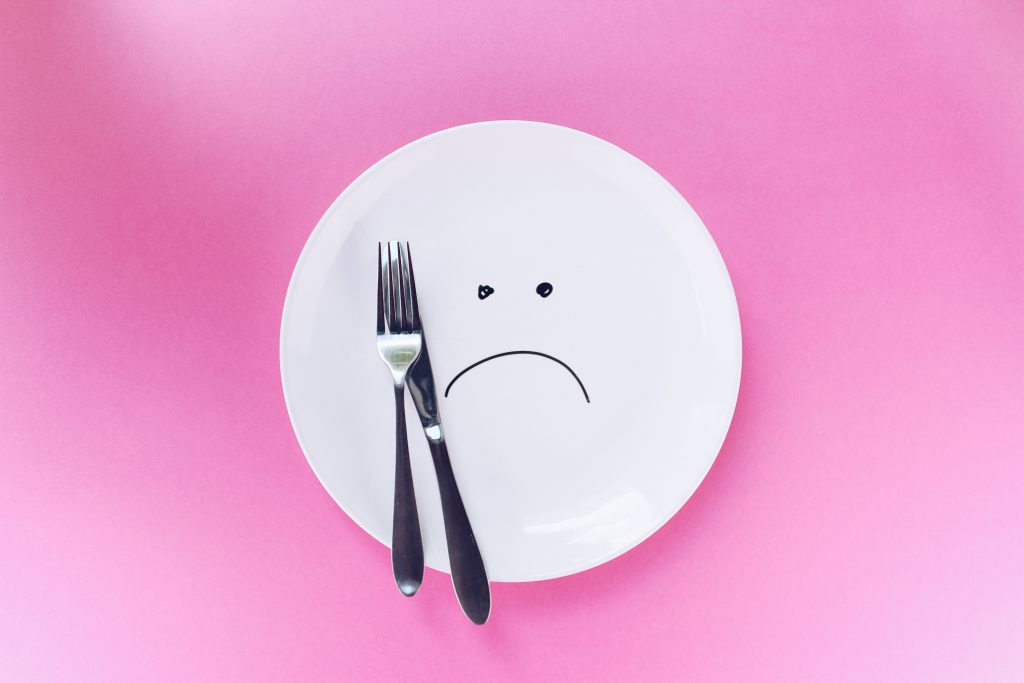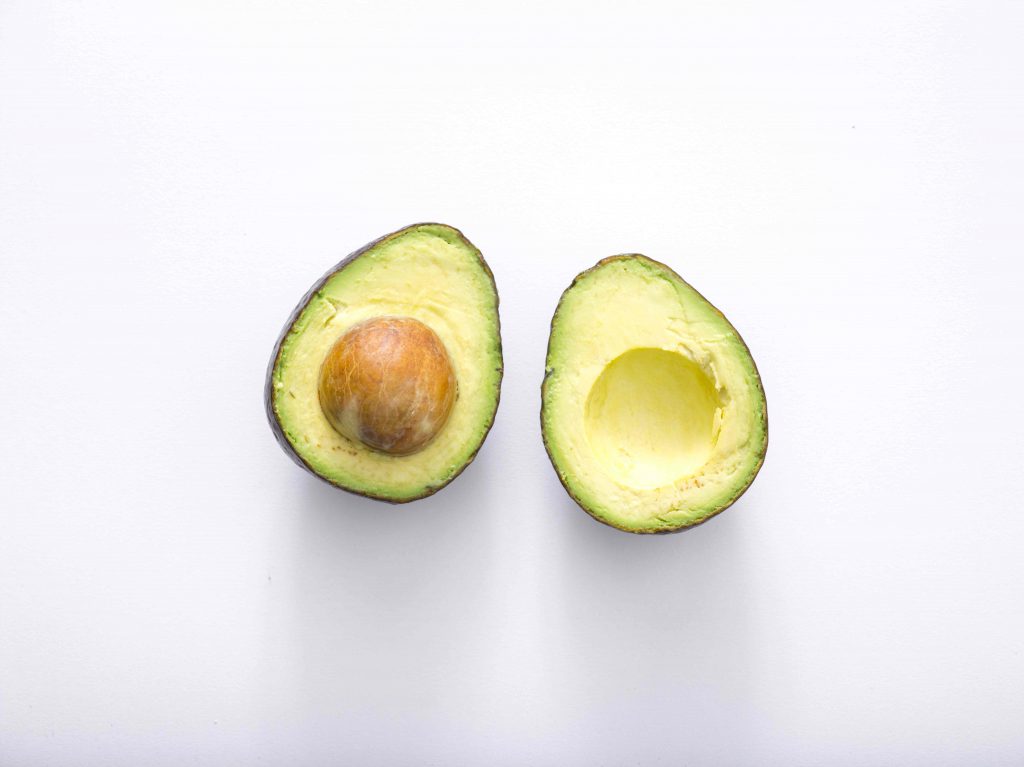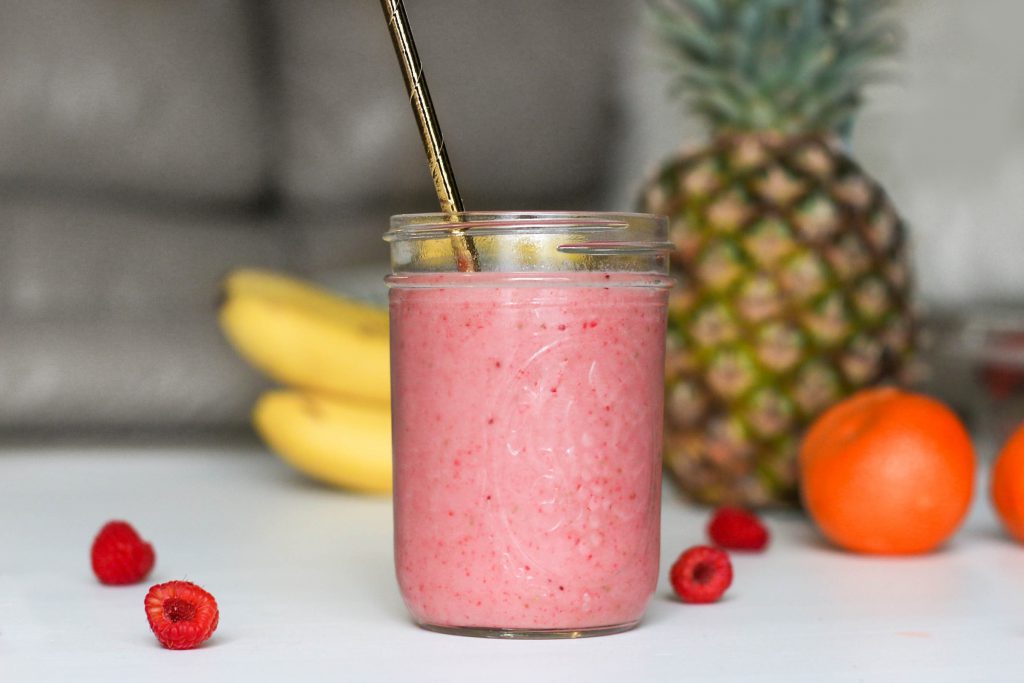Food for thought – the calorie
As a nation, we are gaining weight. The rate of obesity is the highest it’s ever been and Public Health England attributes excess calorie intake as the root cause. But what actually are calories? With the help of expert dietitian, Ms Claire Fudge, we’re dissecting the role of the calorie.
What are calories?
In the UK, men are advised to consume 2,500 kilocalories (Kcal) per day and women 2,000. Despite many of us being aware of these figures, most of us consume more calories than we should.
Calories act as a measurement for how much energy food and drink provides for the body. The amount of energy you need differs with your age, size (height and weight) and lifestyle. Other factors that may affect the required amount of energy include hormones, medications and being unwell. Claire helps to define calories: “The calorie is an old term for measurement. The Kcal is a more modern term. It is the heat energy used to raise 1kg of water by 1 degree Celsius.“
Food labels interchangeably list both calories and Kcal to mean the same thing. The chances are, if you see the word ‘calories’ on a food label, it’ll be representing Kcal.
You can use this calculator from the BBC to work out how many calories you should aim for.

The “Quality Calorie” concept
Food packaging and labels often provide information as to how many calories each product contains. But should we only be looking at calorie content when deciding what’s healthy?
The British Nutrition Foundation’s (BNF’s) “Quality Calorie” concept is designed to create a diet equilibrium between calorie content and the nutritional value of what we’re eating. Monitoring your calorie intake can be beneficial for weight management, but if the food we’re eating carries no other nutritional value, it can be bad for our health. Here’s why:
- One slice of brown toast with half an avocado smushed all over it, contains 265 Kcal.
- One slice of white toast smothered in 30 grams of Nutella, equates to 252 Kcal.
Avocados are regarded as a nutrient-dense food, carrying more calories, but offering plenty of vitamins and minerals. Nutella, though less calorific, is packed with sugar which can be damaging to our health. So, although avocado on toast might carry more calories, it also carries more nutrients.
According to Claire, only focusing on calorie intake “can often lead to diets that are super unbalanced and missing vital nutrients required for health and performance such as protein.”
The BNF wants people to look out for foods that are similar in calorie content, but different in nutritional value. They point to wholegrain versions of bread, pasta and rice as higher in fibre than their refined counterparts. Similarly, processed meats contain more salt than leaner meats, so despite their equal calorie content, processed meats are the unhealthier option.
Claire disregards calorie content as the key factor to consider for monitoring our diet: “I think it is good that we have a number of measures on packaging to help guide us, but it is very confusing to the general population. Like anything in nutrition if we just focus on one thing or nutrient we miss out on so many others! Good nutrition is a balance of different foods and nutrients.”

The highs vs the lows
Food and drink advertised as ‘low-calorie’ can be deceptive. Although low-calorie foods are often healthy and high-calorie foods unhealthy, this is not always true. Low-calorie means 40 Kcal or less per serving (food) and 20 Kcal per 100ml (drink).
Shops, supermarkets and vending machines are almost always stuffed with foods and drinks marketed as ‘zero’ calories. Technically, this can be five Kcal or less, but these calories still count, questioning their legitimacy as calorie-free. Additionally, a can of diet “zero” fizzy drink contains roughly 10kcal, which is about the same as a small, 30-gram carrot. Despite being similar in calorie content, the drink is considerably inferior to the carrot in terms of nutritional value.

Empty and hidden calories
Any food or drink that is high in sugar, but low in nutritional value can be regarded as having ‘empty calories’. Experts tend to put alcohol firmly in this bracket. This is because alcohol is created by fermenting and distilling natural starch and sugar. In turn, alcohol is usually very high in calorie content – but these calories offer little to no nutritional benefit whatsoever.
‘Hidden calories’ are crafty and are particularly good at catching you out. This relates to foods and drinks that are higher in calories than you might think.
Yoghurts may be the champion of ‘hidden calories’. They can be an extremely good source of protein, calcium and probiotics – however this is predominantly in Greek-style and all-natural yoghurts. Yoghurts labelled as “fat-free” and “organic” are especially dangerous and are prime examples of ‘hidden calorie’ products. These types of yoghurt can contain roughly 100Kcals per 125g pot – more than a chocolate-covered digestive biscuit. To avoid the trap, choose a natural yoghurt with a handful of juicy berries and some low sugar granola instead.
On the topic of ‘hidden calories’, Claire says: “There are many. Fruit juices are a difficult one as they do contain some benefits, especially if you have a poor fruit intake, but too large a portion or drinking this as a main fluid source throughout the day can be a large source of Kcal.”

So, what should you do?
The bottom line is, checking the calorie content of what you eat and drink is important – but shouldn’t be the only thing you monitor. Calories are an effective guideline for helping you lose, maintain and gain weight. However, managing a healthy, well balanced diet in collaboration with calorie checking is essential for good health.
If you’re aiming to alter your diet in order to lose wight, Ms Fudge suggests to include foods “higher in certain nutrients, such as good fats and protein. They can help you feel fuller for longer and therefore prevent over eating or snacking. I would recommend foods such as avocado, nuts, good quality olive oils and oily fish such as salmon or trout.”
You can book a consultation with Ms Claire Fudge, who has expertise in eating disorders, irritable bowel syndrome (IBS), sports performance nutrition and weight management, here.
Medstars Medical Concierge Service
Looking for extra guidance when it comes to your healthcare? Sometimes interpreting medical information and making the best decisions can be daunting and complicated. Our private medical concierge service provides easy access to top UK health experts. We guide our patients with genuine choice and trust, offering a bespoke service for anyone in the world seeking private UK healthcare. Learn more about Medstars Medical Concierge Service. Want to learn more about providing our medical concierge service as an employee benefit? Learn more about Medstars Medical Concierge for Business.

